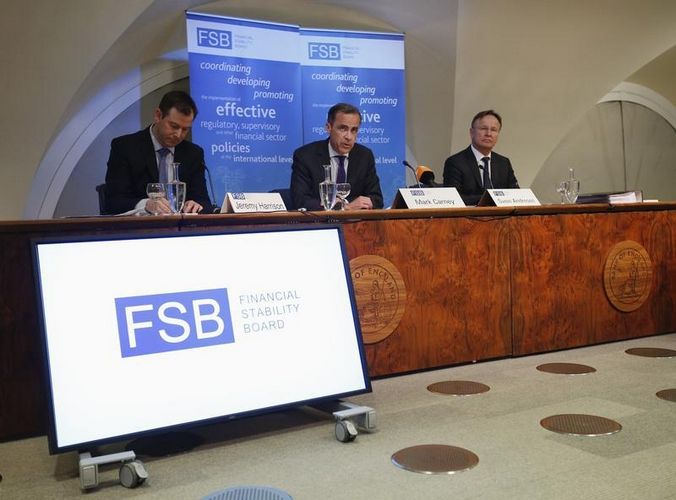As part global efforts to end “too big to fail”, key derivatives dealers have agreed to sign up to a new ISDA protocol that would apply temporary stays on early termination rights for bi-laterally negotiated over-the-counter swaps in the event of a counterparty entering bankruptcy.
“In coordination with global policy-makers, ISDA has been working to develop a contractual solution that would provide for a temporary stay of the early termination provisions within derivatives contracts in the event a major global bank is subject to resolution action by its regulators,” the derivatives industry body said in a statement.
“We expect that a number of such banks will adopt the stay within new and existing contracts via a protocol this year. That protocol should be finalised within the next few weeks.”
The new regime is intended to strip derivatives users of the immunity they have historically enjoyed from any automatic stay on liabilities as a counterparty enters bankruptcy. It is a situation that has effectively afforded swaps users with seniority over other creditors in a bankruptcy situation and global regulators are concerned that the benefit poses a threat to the financial system by triggering a potential wave of defaults.
While a number of key dealers have agreed to the contractual changes on a voluntary basis, buyside firms may struggle to do so, given their fiduciary responsibilities to investors.
Many buyside firms are concerned that they risk potential legal action from investors if they opt to give up any contractual rights that could be of benefit in the event of a bankruptcy situation.
As part of its latest consultation, the FSB intends to extend the new protocol to a broader range of banks through prudential means, requiring all regulated firms to sign up to the contractual changes on a jurisdiction-by-jurisdiction basis.
For buyside firms that do not sit under direct supervision, the protocol is likely to be extended through indirect means, such as requiring higher capital requirements on swaps contracts that are entered into with entities that have not signed up to the protocol.
Attempts to enhance legal certainty in cross-border resolution situations have been a key commitment for the FSB following publication of its September 2013 resolution report to the G-20 in St Petersburg. At the meeting, the FSB, chaired by Bank of England governor Mark Carney, committed to a cross-border implementation plan ahead of the G-20 summit in Brisbane. That meeting is scheduled to take place in mid-November.
“Unless resolution actions can be given prompt effect in relation to assets that are located in, or liabilities or contracts that are governed by the law of a foreign jurisdiction, authorities are likely to face obstacles in implementing group-wide resolution plans effectively for cross-border groups,” the FSB noted in a statement.
The board is accepting responses to the consultative document up to December 1.
